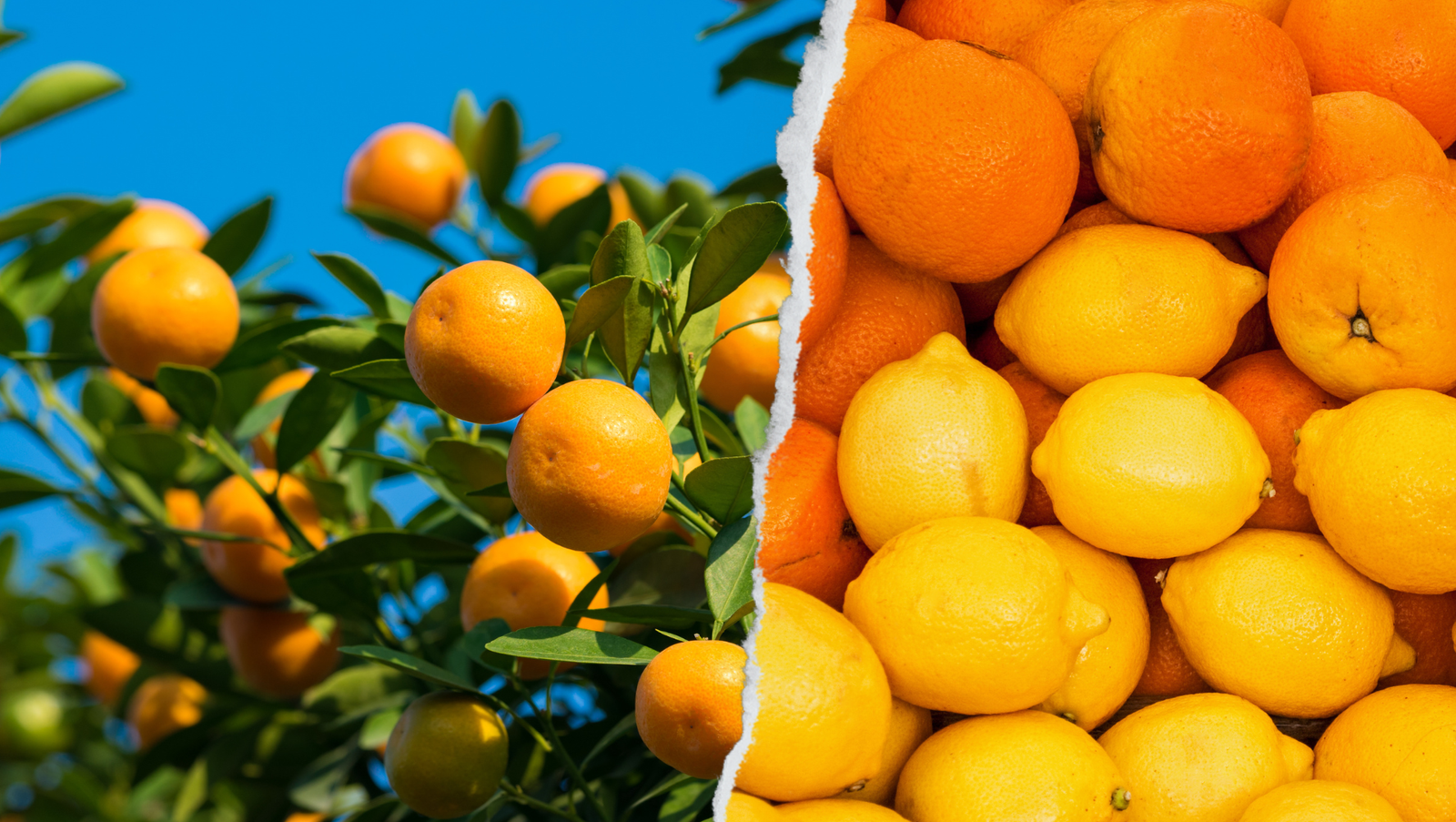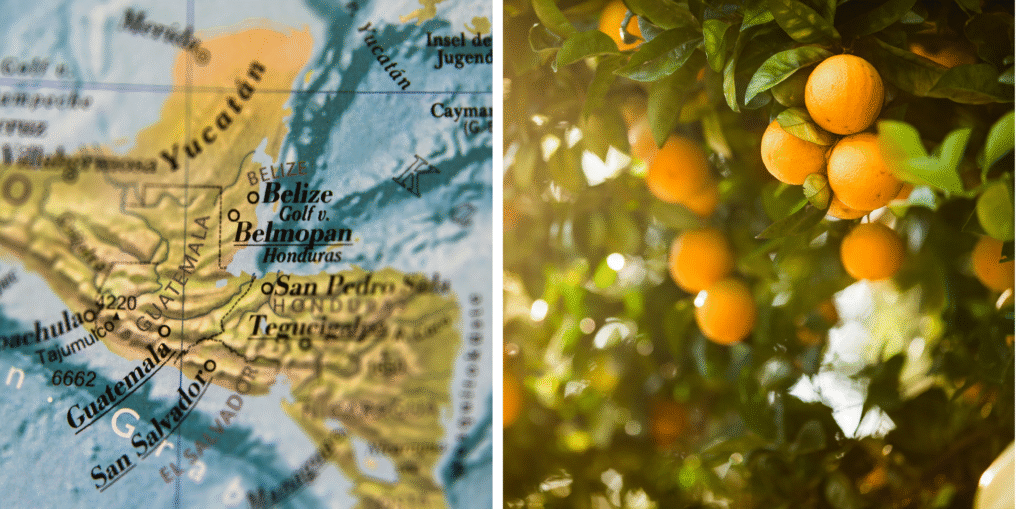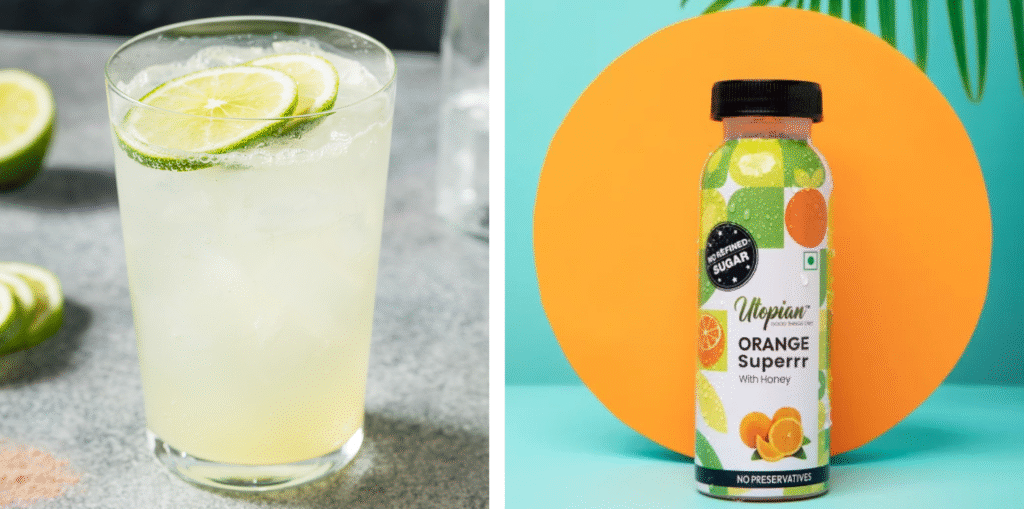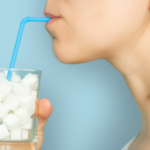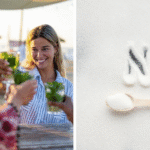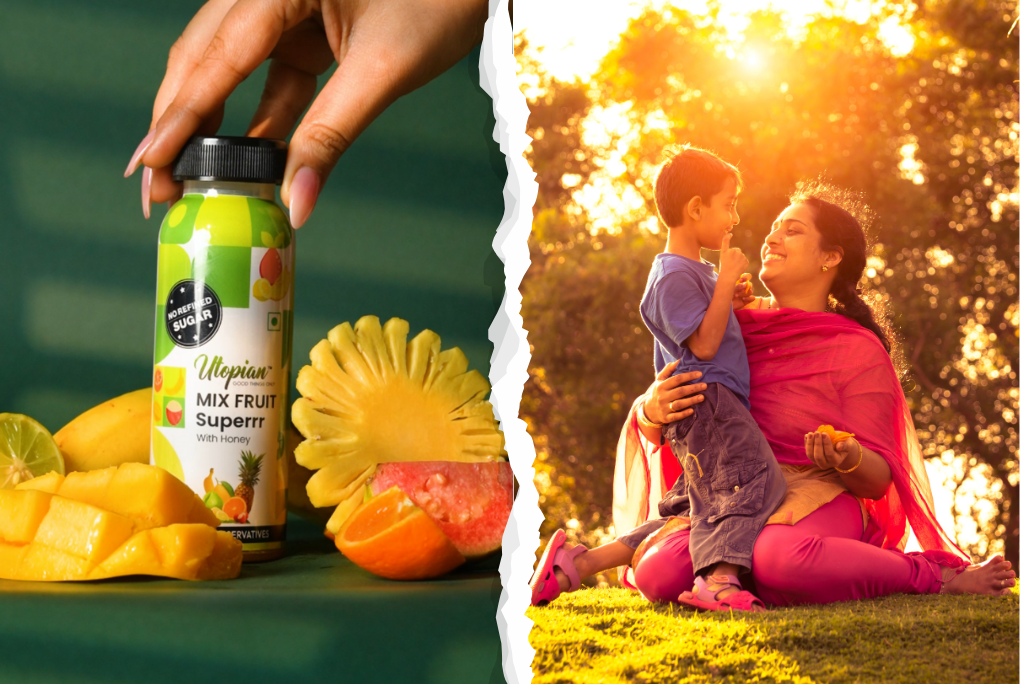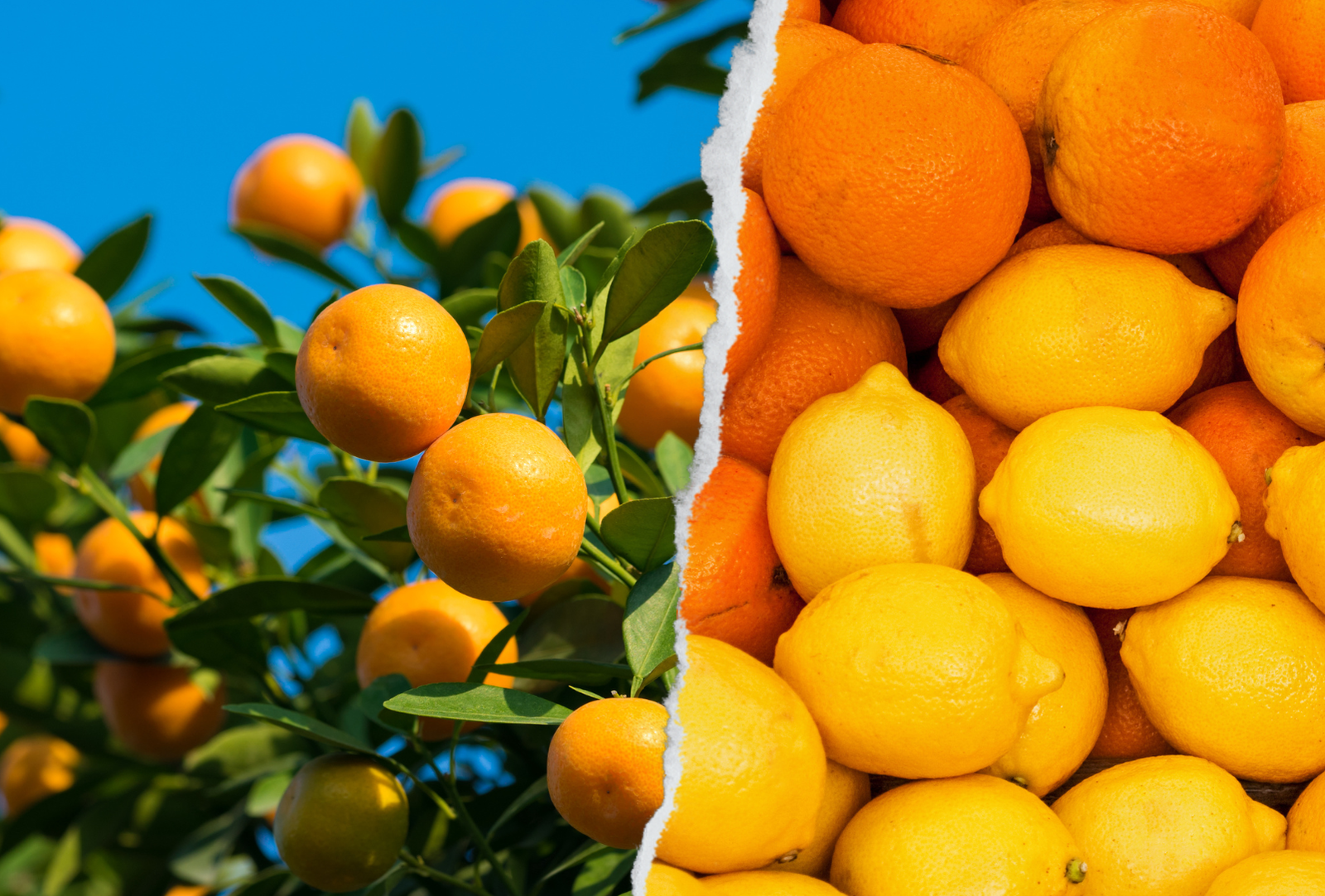
Oranges and Lemons Sold for a Penny, Now Without the Sugar Drama
Lemon and Orange, Just the Good
Oranges and Lemons Sold for a Penny, Now Without the Sugar Drama
From ancient groves to your local shelf—how citrus evolved, and why no sugar juices matter more than ever
If you’re humming the tune already, you know the one. “Oranges and lemons, say the bells of St. Clement’s…” But what began as a nursery rhyme rooted in 18th-century London markets has far deeper roots—quite literally. Citrus fruits have been travelling, healing, and hydrating humans for over 4,000 years. And the way we consume them today—especially in no sugar juices, super fruit juices, and smart new formats like those from Utopian Drinks (as seen on Shark Tank India Season 4)—is just the latest chapter in a very juicy story.
Let’s peel back the layers.
Citrus, Before It Was Cool
Citrus fruits didn’t begin in Europe, despite the nursery rhyme’s British origins. The oldest cultivated citrus traces back to Northeast India, Myanmar, and China, with wild citron believed to be the earliest species. From there, citrus travelled via trade routes into the Middle East and eventually Mediterranean Europe.
Lemon juice was used in ancient Egypt for preserving fish. In Rome, oranges were status symbols and medicinal luxuries. And in medieval times, citrus fruits were recommended to avoid bad breath and plague (honestly, not the worst pitch).
By the time oranges and lemons hit the English markets, they were still rare enough to be sold in single units—hence the penny rhyme.
The Health Stuff—What Citrus Really Does
Sure, we’ve all heard “Vitamin C” repeated like a headline. But citrus fruits do more than just fight colds. Both lemon juice and orange juice (especially without sugar) offer:
- Antioxidants: They help fight inflammation and oxidative stress—basically damage from everyday life.
- Digestive support: Lemons in warm water? Not a myth. The acidity boosts gastric juices and bile.
- Hydration: Citrus has high water content and natural electrolytes.
- Immunity: With flavonoids, potassium, and natural Vitamin C, these fruits help support immunity beyond winter sniffles.
- Skin health: They aid collagen production and help reduce UV damage.
So yes, your grandparents were right. But not all juices are created equal.
No Sugar, No Story? Not Anymore.
Here’s the part they don’t always tell you. Most orange juice and lemon juice on shelves today are processed and sweetened to the point of being fruit-flavoured sugar water. A 250ml serving of a typical packaged orange drink in India can carry 20–25g of added sugar—that’s about 5 teaspoons.
That’s where no sugar drinks and super juices come in. And no, not the tasteless “health drinks” of the early 2000s. We’re talking about super fruit juices that retain pulp, real extracts, and naturally sweetened with fruits and honey, without tipping the sugar scale.
Brands like Utopian Drinks are part of a newer wave—offering lemon juice without sugar, orange juice without sugar, and clean-label beverages that feel closer to what citrus was meant to be.
Citrus in the Indian Context: Then and Now
India has always had a deep connection with citrus. Think Mosambi, Kagzi lime, Nagpur oranges, and the iconic nimbu-paani that cools the chaos of Indian summers.
Historically, citrus fruits were seasonal, local, and functional. A dash of lemon on dal, a few drops on chaat, a squeezed orange served after dinner. But in modern urban India, citrus is more likely to be found in tetra packs or as “refreshing” drinks pumped with sugar.
According to FSSAI and a 2022 report by Nutrition Foundation of India, urban Indians—especially teens and young adults—are now consuming up to 30% of their daily calories through sugary beverages. That’s where clean no sugar juices can shift habits—not by forcing change, but by offering real alternatives.
Citrus Going Forward: Super Drinks with Context
The global trend is clear: beverages are no longer just about hydration—they’re about purpose. Whether it’s gut health, immunity, low calorie intake, or clean energy, consumers want more from their sips.
That’s where super drinks come in. Not just buzzwords but blends that deliver:
- Real pulp
- No preservatives
- Low or zero added sugar
- Functional nutrients
It’s also why Utopian Drinks, after its pitch as seen on Shark Tank India Season 4, caught attention—not for a gimmick, but for delivering what should’ve been the standard all along.
What to Take Away
Whether you’re sipping orange juice in Spain or buying lemons at a signal in Mumbai, citrus has always adapted to culture. What hasn’t changed is its value—light, potent, and versatile.
But what has changed is how we bottle it.
And that’s the difference. Between lemon juice without sugar and sugar-dense lemonade. Between no sugar juices and high-fructose fruit drinks. Between consuming for habit, and consuming with intention.
So maybe next time you hear the line “Oranges and lemons, sold for a penny…”, you’ll remember: citrus was always valuable. The point is not to sell it cheap—but to keep it real.


